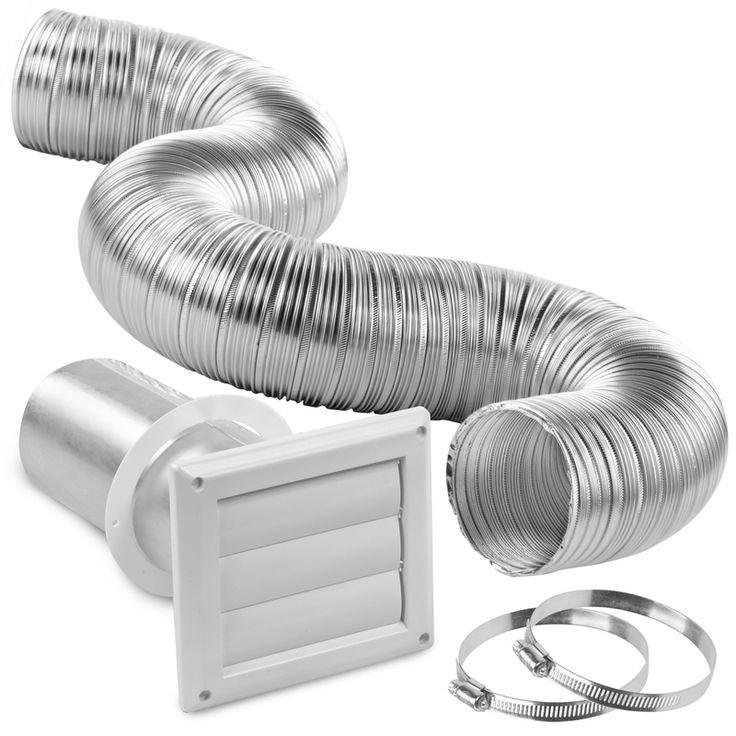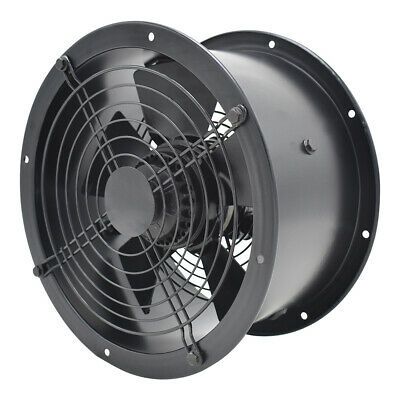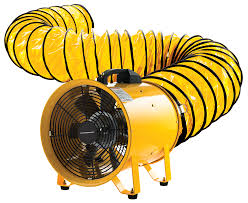A well-maintained extractor fan ensures proper ventilation, removes excess heat, and improves air quality. Regular maintenance can help prevent costly repairs and extend the lifespan of your system. Here are 20 key things to know about extractor fan care to avoid frequent breakdowns.
1. Clean the Filters Regularly
Extractor fan filters accumulate grease, dust, and dirt over time. Wash or replace the filters every 3–6 months to maintain efficiency.
2. Check for Blockages in the Ducts
Blocked or clogged ducts restrict airflow, causing poor ventilation and overheating. Inspect ducts periodically to remove debris.
3. Keep the Fan Blades Clean
Dust and grease buildup on fan blades can slow down the motor and increase wear and tear. Wipe blades with a damp cloth and mild detergent regularly.
4. Test the Fan Speed
A slower-than-usual fan speed may indicate a worn-out motor, dirty blades, or clogged vents. Address these issues promptly to avoid major failures.
5. Ensure Proper Installation
Incorrect installation can lead to poor airflow and inefficiency. Always hire professionals for proper extractor fan installation, whether for kitchens, bathrooms, or industrial settings.
6. Listen for Unusual Noises
A noisy extractor fan may signal loose components, motor issues, or obstructions. Ignoring unusual sounds can lead to costly repairs.
7. Inspect the Fan Motor for Overheating
An overheated motor may be due to dust buildup, poor lubrication, or faulty wiring. Regular servicing can prevent burnout.
8. Use the Right Extractor Fan for the Space
Choosing the wrong fan size can reduce efficiency. Kitchen, industrial, and commercial spaces need different airflow capacities for effective ventilation.
9. Don’t Leave the Fan Running Unnecessarily
Overuse can cause motor wear and energy waste. Turn off the extractor fan when it’s not needed to extend its lifespan.
10. Seal Air Leaks Around the Fan
Gaps and leaks in the ventilation ductwork can reduce performance. Sealing these leaks ensures efficient air extraction.
11. Check the Fan Bearings
Worn-out bearings can cause excessive vibration and motor strain. Lubricate or replace them as needed.
12. Ensure Proper Ventilation in the Room
An extractor fan works best when there’s adequate airflow in the room. Open windows or install additional vents for better air circulation.
13. Schedule Professional Maintenance Annually
Hiring professionals for a yearly inspection and deep cleaning can help detect issues early and prevent unexpected breakdowns.
14. Upgrade to an Energy-Efficient Model
Older fans consume more energy and are prone to breakdowns. Consider upgrading to a modern, energy-efficient extractor fan.
15. Keep Exhaust Grills Free from Dust and Grease
Grease and dust clog exhaust grills, reducing efficiency. Clean the grills frequently to maintain optimal airflow.
16. Use the Fan Correctly in the Kitchen
Always turn on the kitchen extractor fan before cooking to remove fumes effectively and prevent grease buildup inside the system.
17. Avoid Excess Moisture Exposure
Extractor fans in bathrooms and humid areas should be moisture-resistant. Excess moisture can cause electrical damage and rust.
18. Check for Proper Electrical Connections
Loose or faulty wiring can cause power failures and fire hazards. Inspect the electrical connections periodically for safety.
19. Replace Worn-Out Parts on Time
If a component is worn or damaged, replace it immediately instead of waiting for a complete system failure.
20. Know When to Call a Professional
Some repairs require expert handling. If your extractor fan isn’t working correctly, contact a certified extractor fan specialist for proper diagnosis and repair.
Preventing frequent extractor fan repairs starts with regular maintenance, proper usage, and timely inspections. Whether in a home, restaurant, factory, or commercial setting, keeping your extractor fan in top condition will save you from costly repairs and downtime.
For expert extractor fan installation, maintenance, or repair services in South Africa, contact South Africa Extractor Fan Experts today!



